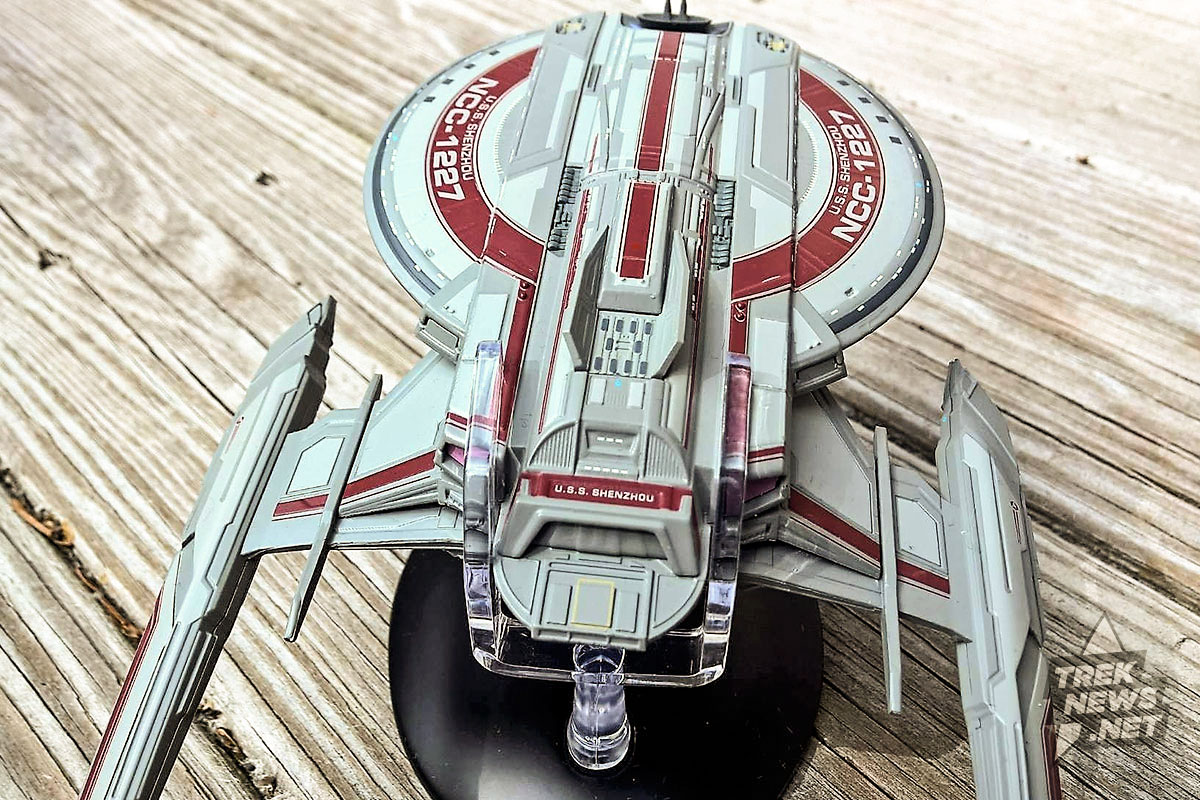

Once a script is locked down and set to the actor, it’s very difficult to make any changes, so we’re committed to the design, no matter how many problems we have to solve! And, of course, bringing people back to record new lines mean having to schedule a new recording session, so we can’t always count on repeat appearances if we miss a line, record something incorrectly, or want to extend a character’s role.Įven so, it’s definitely worth it. That means that designers need to have new missions ready sooner, because we need to know early on if some gameplay that we’re testing just doesn’t work or isn’t fun - that way we can change it, and then change the dialogue that goes with it.

Our writer, Paul Reed, has to have scripts ready in advance, so that we can send them out to the actors for review before recording. Working with Star Trek cast members is an honor, but using guest stars does add an extra layer of managerial oversight and scheduling. As players, it’s a thrill to have those actors’ voices in our story, but how does their involvement change the development process? In Season 25, which came out in January, we saw the addition of Kate Mulgrew’s voice to the game, and Season 26 will add Noah Averbach-Katz. It’s designed to tell stories in the Star Trek cosmos, connecting the ideas of scientific discovery, peaceful contact, and moral allegories. It’s a giant galaxy (and beyond!) that you play in with many other people, where you see them flying different starships and sometimes join them on missions. Still, at its core, Star Trek Online is still an MMO. We couldn’t count on players saying, “Well, I spent money to get this game, I might as well spend the time to figure out all of its complex systems.” We had to make sure that people wanted to stay in the game if it costs nothing to play, it costs nothing to leave. That meant revisiting a lot of our systems to improve their usability and readability. The expectation of a free-to-play game is that you want to make the experience as seamless as possible, so that there is absolutely nothing standing between someone thinking about playing, and just downloading the game and doing it. We had to completely rethink our strategies for generating revenue and supporting players. Our largest changeover was the switch to free-to-play. You’ve been with Star Trek Online for more than a decade! What’s been the biggest change in the game in that time, and what elements of the game have stayed the same? Since I’m a long-time veteran on the team, I also spend a fair amount of time helping to troubleshoot especially thorny problems and working with other teams to sort out implementation issues, improve our tools, and follow up on all of our data about what players are doing, what they enjoy, and where they spend time in the game.

I do a lot of implementation: I’m often deep in the editor, working on setting up the logic that makes gameplay go - where does the player go, what do they do, how do they do it, and how does the game reward them for it. I’m a senior game designer, meaning that I work on both content (like missions, character behaviors, and special events) and systems (such as creatures, powers, and rewards). What’s your role at Star Trek Online? What’s your day-to-day?


 0 kommentar(er)
0 kommentar(er)
